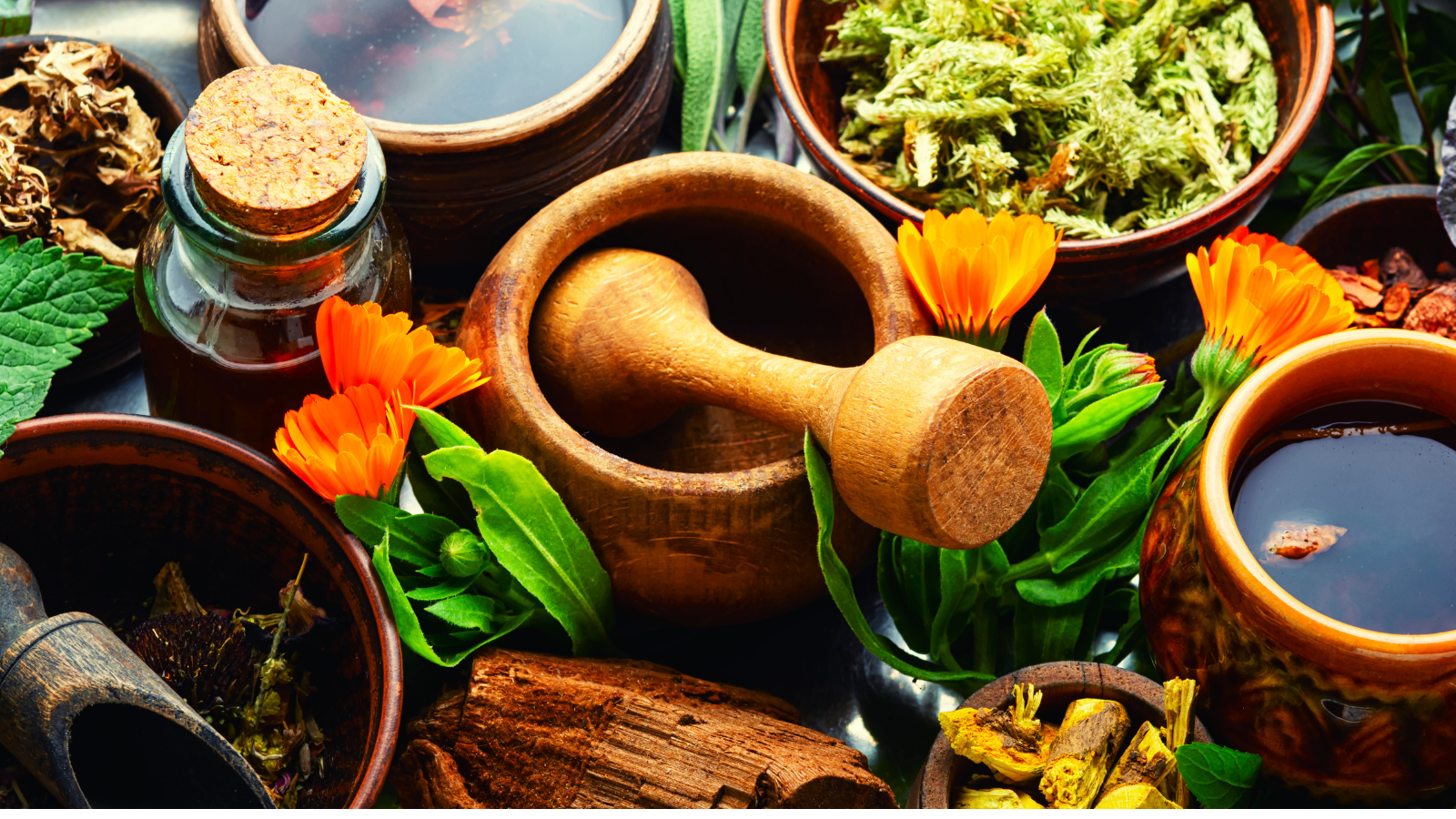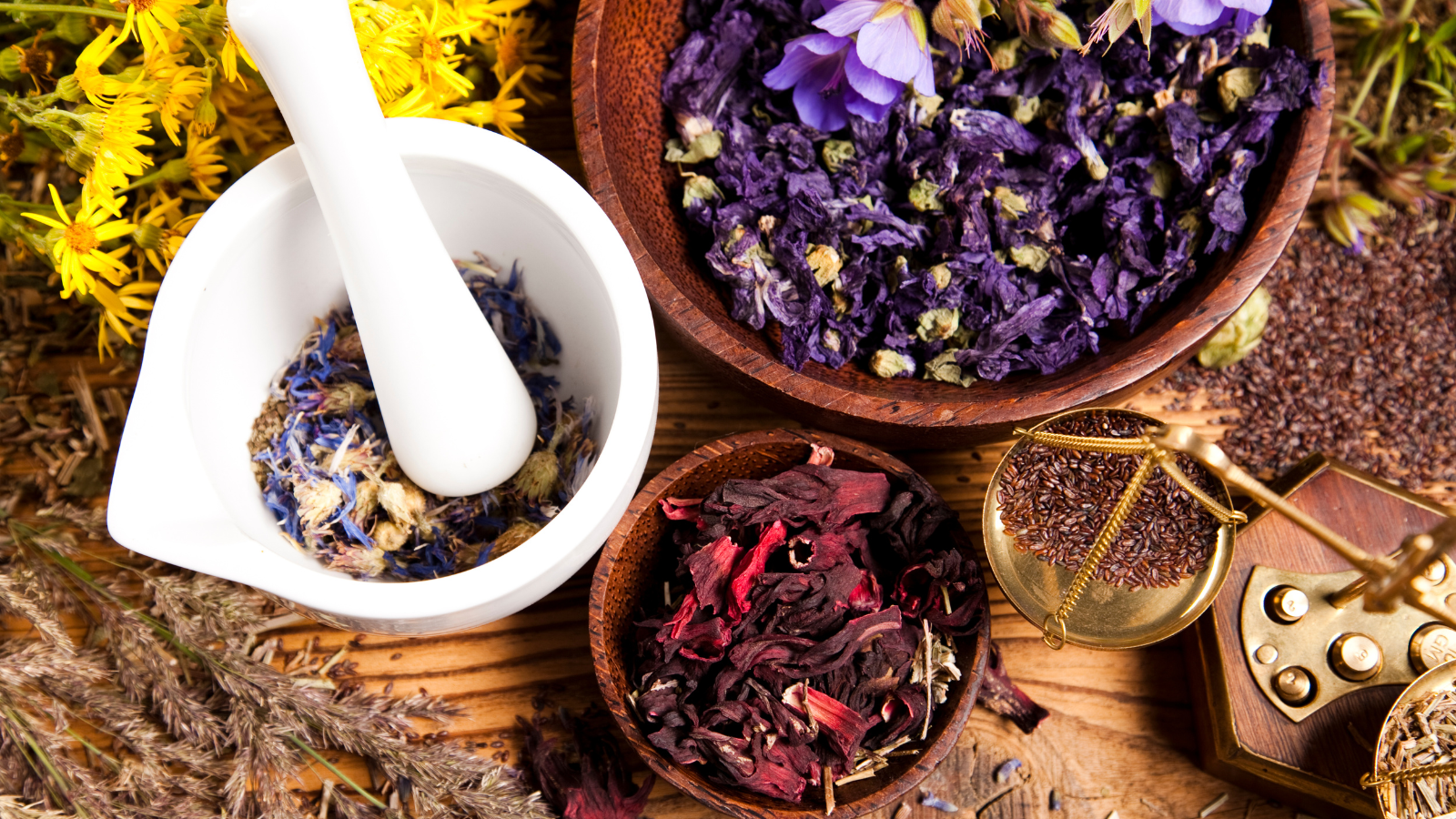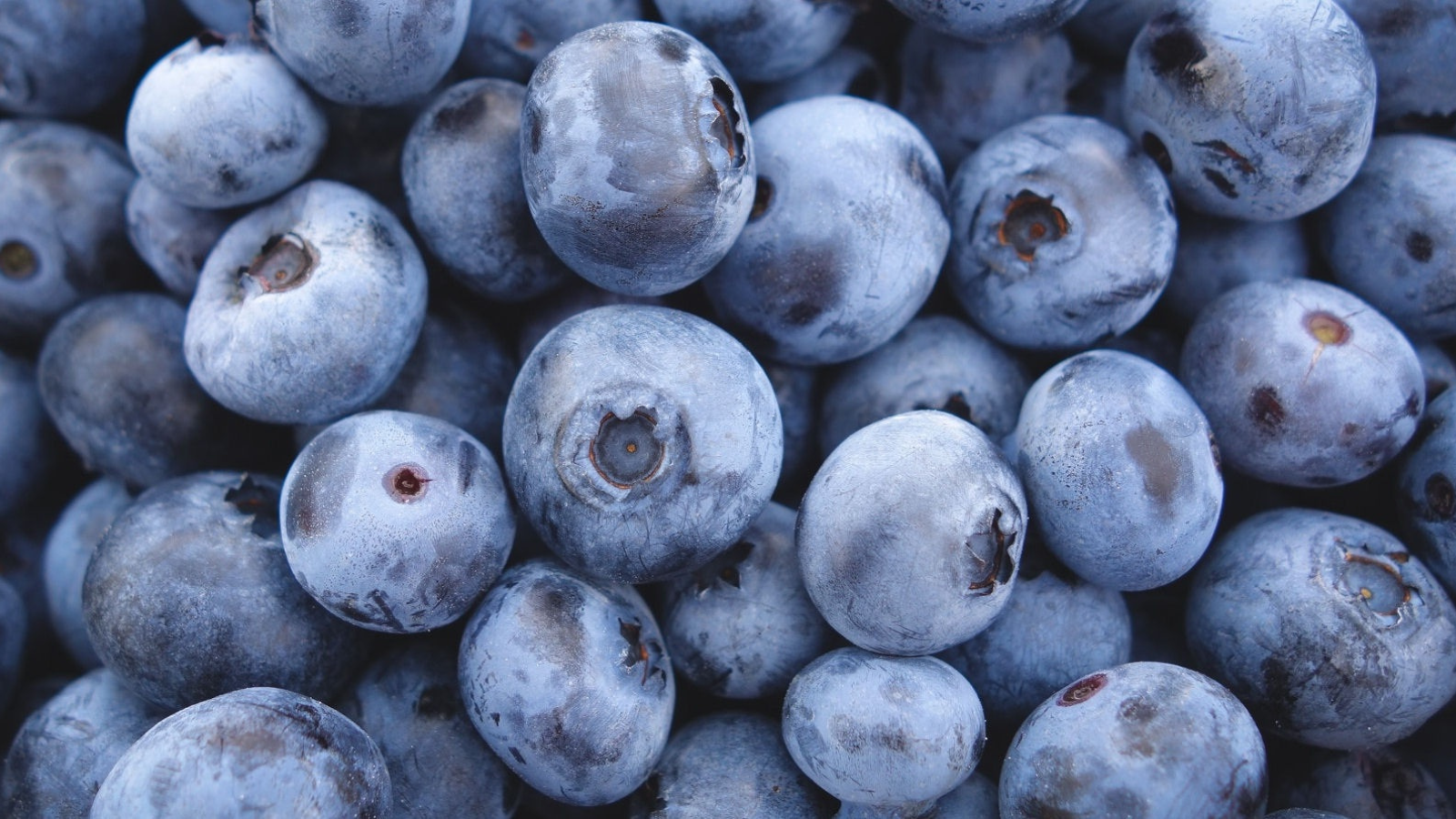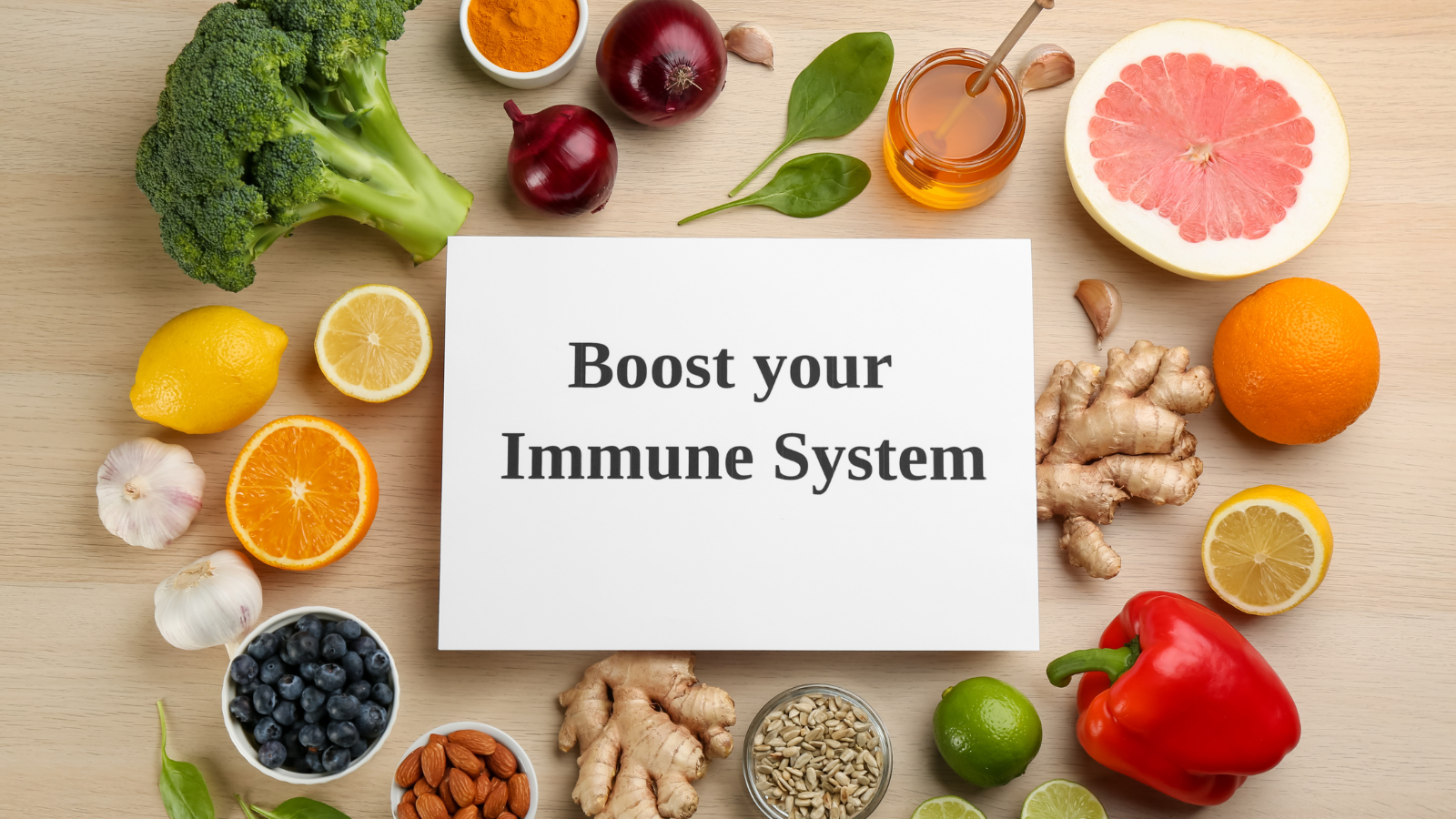Debunking 7 Common Myths About Herbal Medicine
Herbal medicine has gained significant popularity in recent years, but along with its rise in popularity comes a host of myths and misconceptions. People tend to fall into two camps when it comes to herbal medicine: enthusiastic supporters and adamant skeptics. Often, the skeptics have been swayed by myths and misinformation about the effectiveness of herbal remedies. In this article, we aim to dispel these misconceptions and shed light on the real benefits of herbal medicine.
1. Myth: Lack of Effect

Many people believe that herbal medicine lacks any significant therapeutic effect and dismiss it as mere placebos. However, this couldn't be further from the truth. Herbal remedies contain active compounds that can have powerful biological effects on the body. Unlike synthetic drugs, herbs contain a variety of chemical groups that work synergistically, giving them a wide range of therapeutic effects. Moreover, herbs are generally safer and carry fewer risks of side effects.
It's important to note that herbal remedies may take longer to produce noticeable effects, and they may not always provide rapid pain relief, for instance. The precise combination of herbs and the correct dosage are crucial factors in achieving the desired therapeutic effect. In some cases, herbs found in your backyard can provide better pain relief than conventional medications.
2. Myth: It's Not Worth It

With the increasing costs of modern pharmaceutical drugs, herbal medicine is not only cost-effective but also a valuable alternative. Herbal medicine has evolved beyond being a mere alternative; it has become a solution to many health issues. Herbal products such as supplements, extracts, essential oils, and teas have been instrumental in improving people's health. They offer a natural, safer, and longer-lasting alternative to conventional medicine, effectively managing conditions once considered untreatable.
Take ginger powder, for example, which not only boosts overall health but also provides stomach relief that rivals prescription pills. Herbal products are plant-based and do not require a doctor's prescription, making them easily accessible. However, it's crucial to read labels carefully to ensure product authenticity.
3. Myth: The Variety of Effects Is Not Real

Some people are skeptical about the diverse range of effects that herbs can have on the human body. They find it hard to believe that a single plant can address multiple health concerns. However, scientific evidence supports the efficiency of herbs in treating various diseases. For instance, something as common as blueberries can help with more than 11 health issues.
Plants naturally produce compounds that act as a defense mechanism against various threats, including fungal infections. The fact that many herbs find use in modern medicine for different purposes demonstrates their effectiveness. They can be as effective against seasonal flu and sore throats as they are against kidney and lung diseases. Herbal combinations like valerian root, chamomile, mint, and turmeric are commonly used to address pain, anxiety, and insomnia, even serving as the basis for herbal antidepressants.
4. Myth: Herbal Medicines Are Not Well-Researched

Contrary to popular belief, herbal medicines undergo extensive research, including medical trials and pharmacological studies. Researchers meticulously examine each herb's molecular structure, chemical composition, and general properties to understand their potential uses fully. Herbal medicine experts conduct research to determine which herbs are most effective for specific purposes, dispelling the misconception that these remedies lack scientific backing.
It's essential to recognize that the absence of research on certain herbs does not equate to ineffectiveness. There is ample evidence today highlighting the significant impact of nutrients on our well-being, with herbs playing a crucial role in maintaining health, similar to diet, conventional medicine, and exercise.
5. Myth: You Can't Boost Your Immune System with Herbs

On the contrary, herbs are potent immune system boosters. They support the body's physiological processes, enhancing immune function naturally. Plants are rich in compounds like flavonoids, vitamin C, and carotenoids, all of which enhance immune function. They can stimulate lymphocytes, increase phagocytosis, and induce interferon production.
Garlic, for instance, significantly influences the immune system, and its chemical components have been studied for the treatment of cancer, diabetes, atherosclerosis, and hyperlipidemia. Numerous herbs actively combat pathogens like viruses and bacteria. Researchers have also explored the immune-stimulating properties of various herbs to reduce the risk of cancer.
For those looking to boost their immune system, herbs like echinacea, garlic, ginseng, reishi, baicalin, curcumin, and thyme are excellent choices.
6. Myth: Homeopathy Is the Same as Herbal Medicine

There is often confusion between homeopathy and herbal medicine, with many people using the terms interchangeably. However, these two approaches differ significantly in terms of toxicity and therapeutic mechanisms. Homeopathy relies on energy healing, while herbal medicine operates based on chemistry and pharmacological pathways.
Both methods require an understanding of their intended use for maximum effectiveness. You cannot simply use them without guidance, as the choice of remedies in both homeopathy and herbal medicine requires expertise. While people often use these terms interchangeably, it's essential to recognize that they involve different active substances and act differently on the body.
7. Myth: Herbs Are Natural, Therefore Safe
While herbs are derived from nature, it's a misconception to assume that they are always safe. Herbs can be toxic if not used properly or in incorrect doses. Some individuals may experience side effects or allergic reactions when using herbs. It's crucial to conduct thorough research before consuming any herbal remedy.
Not all plants are safe for consumption, and some can be poisonous. To ensure safety, always follow recommended dosage instructions and consult with a herbal medicine specialist, especially when combining different herbs. Just as you would check for allergies or side effects when using conventional medicine, exercise the same caution when using herbs.
Herbal medicine offers a wide range of benefits, but it's essential to separate fact from fiction. Dispelling these common myths about herbal medicine can help individuals make informed decisions about their health and well-being. With proper knowledge and guidance, herbal remedies can be a valuable addition to one's healthcare regimen, offering safe and effective solutions to various health concerns.




Submit your email and confirm subscription to receive the download link, along with more e-books and helpful tips.
Don't worry, you can unsubscribe at any time
We Value Your Privacy And Your Information Is Never Shared
This site is not a part of the Facebook website or Facebook Inc. Additionally, this site is NOT endorsed by Facebook in any way. FACEBOOK is a trademark of FACEBOOK, Inc.
